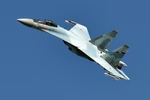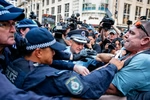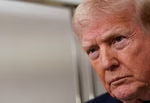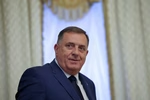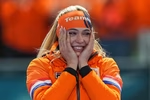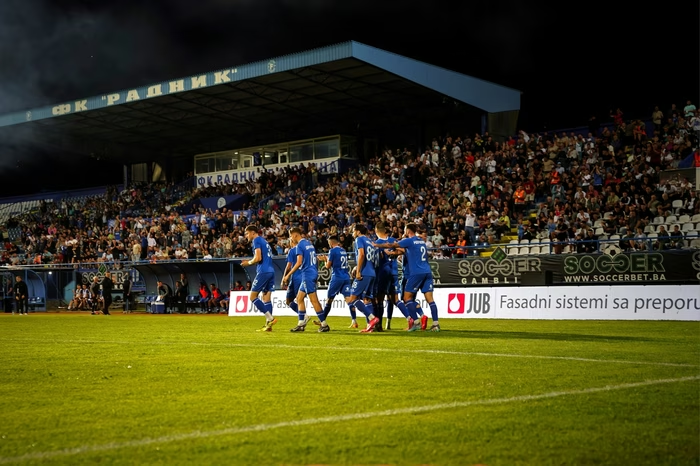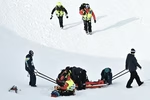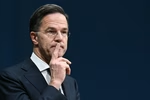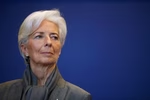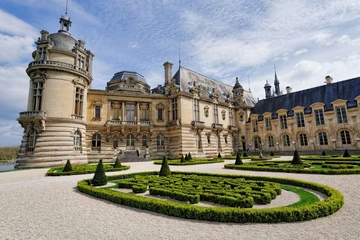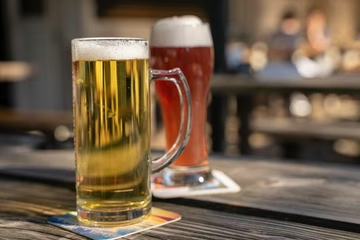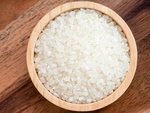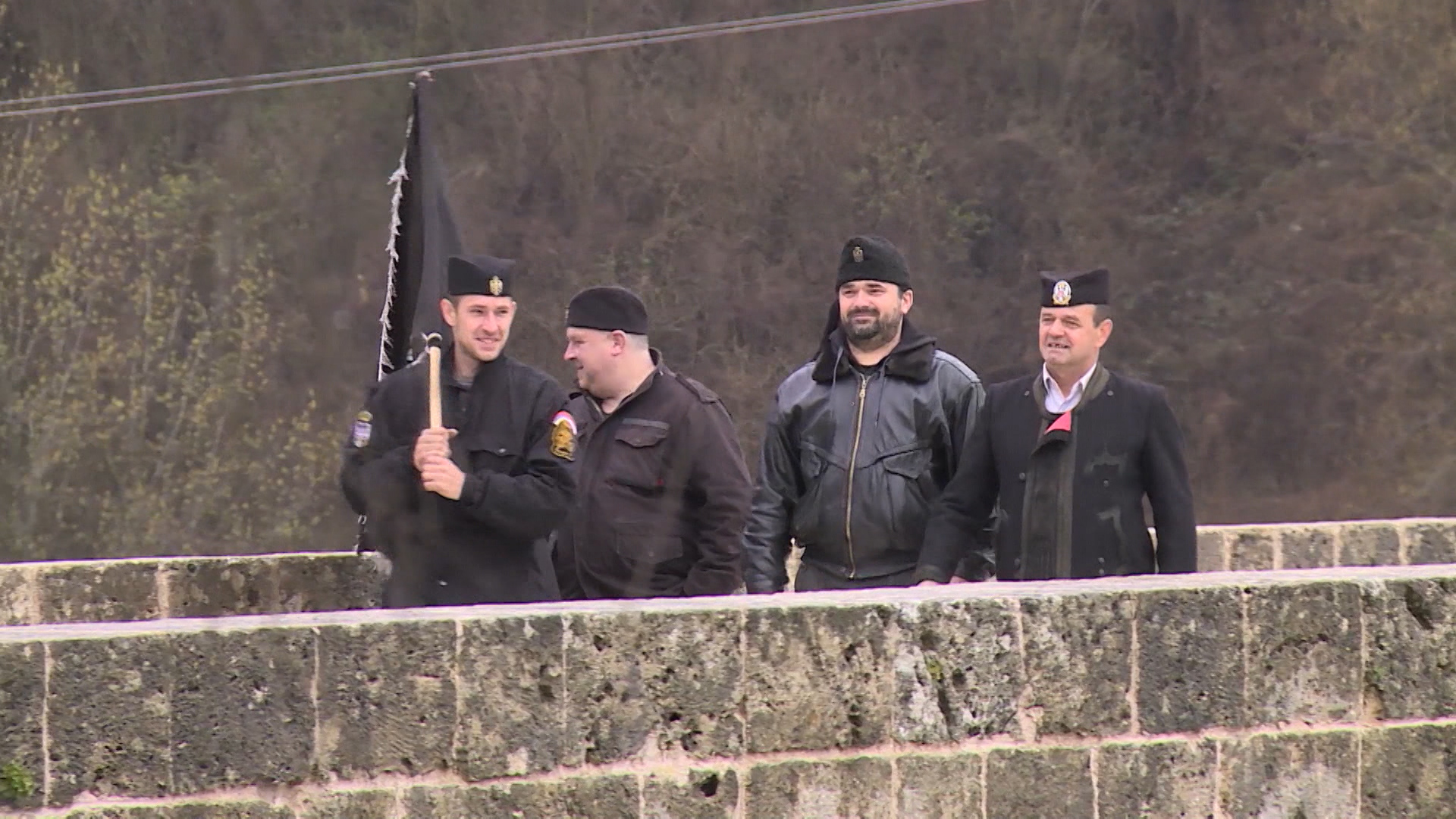
Serb nationalists who gathered on Sunday in the eastern Bosnian town of Visegrad in Chetnik uniforms and sang songs announcing more atrocities against non-Serbs said on Tuesday they were “stunned” by the reactions of the US and UK embassies which condemned the event.
Dressed in black and wearing Chetnik insignia, some 200 members of the so-called Ravna Gora movement commemorated the day their WWII leader Dragoljub Mihailovic was caught in 1946 and executed. During WWII, Chetniks slaughtered Muslims from eastern Bosnia and threw them into the river Drina.
During the 1992-95 Bosnian war, Serb nationalists wearing Chetnik insignia expelled 14,000 Muslim residents of Visegrad and killed some 1,700.
At Sunday’s gathering, they sang songs that glorified the atrocities and announced new ones to come.
“Hell will return and the Drina will be bloody again - the Chetniks are coming from the Serbian mountains,” threatened one of the songs that echoed through the Visegrad streets.
International officials condemned the gathering and called for Bosnia’s institutions to address the threats.
The US Embassy said it was “appalled” by the threats and called them “unacceptable.”
UK Ambassador Matt Field also expressed hope that the authorities would thoroughly investigate the event.
The US and the UK were their “allies in the fights against fascism during the Second World War,” said the statement of the 'Ravnogorski pokret' - the official name of the movement.
Chetniks view themselves as anti-fascists while their victims, the Muslims Bosniaks and the Catholic Croats see them as fascists.
According to Yugoslav demographers, Chetnik forces killed in WWII at least 33,000 Muslims and 32,000 Croats in one of the most gruesome episodes of Yugoslav history.
“Do we have to remind the American Ambassador that the members of the Ravna Gora movement have saved 500 American pilots who were shot down on the territory of Serbia during the Second World War and sent them to liberated territories from the Pranjani airport, where representatives of the US Army and Embassy are marking that event every year next to a monument they erected themselves in gratitude to the Chetniks?” the statement said.
It reminded that President Truman decorated their leader Dragoljub Draza Mihailovic.
“Do we have to tell the British Ambassador that our King Petar Karadjordjevic II has found refuge in his country at the beginning of the war, together with the entire government, from where he coordinated together with the British government the fighting of the Yugoslav army back home?” it asked, also reminding that the commander of that army was Mihailovic.
Such a reaction from the embassies was not expected, the statement said.
“We would consider it normal for you to take part in the gathering and pay respect to general Mihailovic and his soldiers for their sacrifices for their own but also for your people during the joint fights against fascism,” the statement concluded.
Kakvo je tvoje mišljenje o ovome?
Učestvuj u diskusiji ili pročitaj komentare





 Srbija
Srbija
 Hrvatska
Hrvatska
 Slovenija
Slovenija











